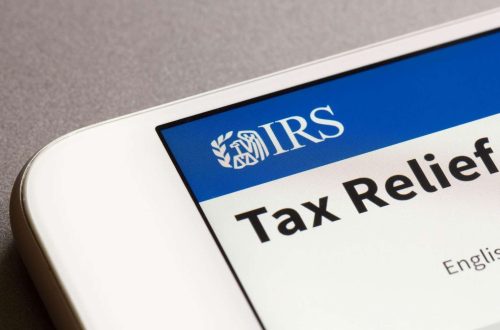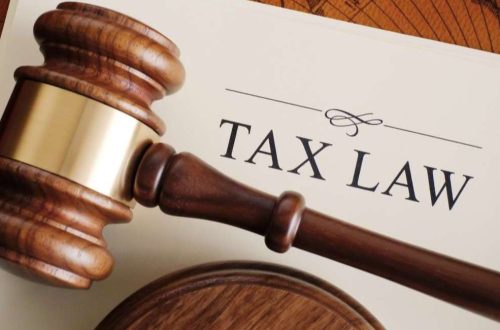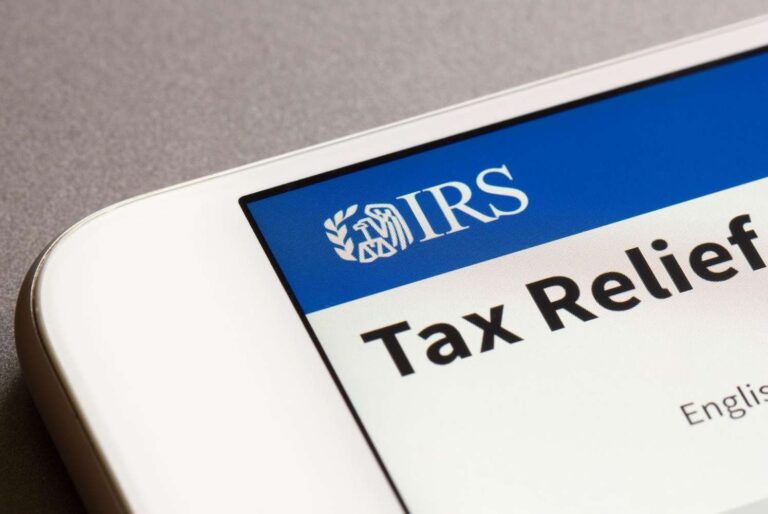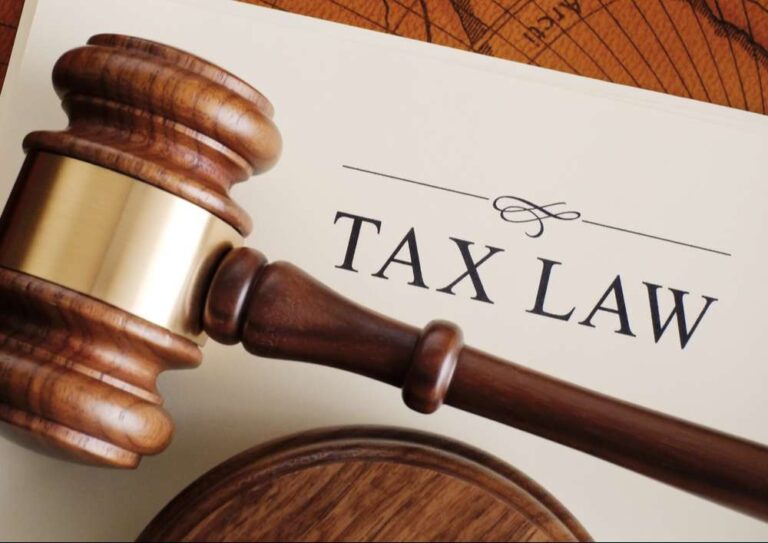IRS Tax Attorney Help
IRS TAX PROBLEMS? WE CAN HELP
IRS TAX ATTORNEY HELP Near Me
IRS Tax Attorney Help near me
IRS Tax Problem Solving Experts
Have IRS Income Tax Issues?
Legacy Tax Partners – Experts in IRS Tax issues Helping America with IRS Tax Income problems Nationwide
- If you do not file a return, the IRS will file a return for you. In doing so, they will make a tax and then try to collect that tax.
- If you do not have records to file returns, you can retrieve your income records directly from the IRS. This includes W-2 and 1099 information. With this information, it is important to prepare returns as quickly as possible, even if other additional information is not available.
- If you call the IRS, they will usually suspend collection activity for a while to give you a chance to prepare the missing or unfiled returns.
- Just because returns are filed late does not mean they are more likely to be audited. The information contained in the tax return is the primary factor in audits, not when the tax return is filed.
- The IRS is unlikely to consider criminal action for unfiled tax returns. Nearly 10% of the taxpaying population has unfiled returns. Criminal charges are unlikely to occur unless you have had a very large income or income from illegal sources.
- If a tax is due after the missing and unfiled returns are filed, then an Offer in Compromise and/or installment arrangement can be entered into.
IRS Back Income Tax Help
IRS Back Taxes – What Are They?
Back taxes refer to delinquent taxes that are overdue. Your record is researched to determine where you stand with the IRS, what you owe, what years are unfiled, what years are necessary to file, and to acquire documentation to file those returns. Back taxes come into existence in a few different ways.
• If a taxpayer fails to file returns for several years, the IRS will file returns for the taxpayer, thereby assessing the tax.
• If a taxpayer is Audited and the IRS determines more tax is due, a “back tax” is also assessed against the taxpayer.
• When a taxpayer files a return but cannot pay the tax due, a back tax is assessed against the taxpayer.
The IRS will consider taxpayers’ current financial situation when determining whether they should be required to pay for an outstanding tax debt.
If a review of the taxpayer’s monthly household income and expenses suggests that they do not have excess monthly income and making a payment to the IRS would cause a hardship, the IRS will allow their account to be placed in not collectible status.
While in not collectible status, the IRS will not pursue enforcement action such as bank levies or wage garnishments while the statute of limitations continues to run (tax liabilities generally expire after ten years), and the taxpayer is not expected to make any payments toward the debt for at least two years.
fter this time, the IRS may periodically review the account and the taxpayer may be required to start making payments if their financial circumstances have changed.
The Tax Professionals at New World Vision have extensive experience working with IRS Appeals Officers, Revenue Officers and Collection Agents and understand how the IRS will interpret a taxpayer’s financial information. We do the financial analysis with our clients to determine whether they are candidates for currently not collectible status and work with them to obtain the necessary supporting documents to successfully establish the resolution. We have obtained non-collectible status for thousands of clients even when they have had significant equity in assets and/or have historically been high income earners.

IRS UNFILED TAX RETURNS
If you do not file a return, the IRS will file a return for you. In doing so, they will make a tax and then try to collect that tax.
If you do not have records to file returns, you can retrieve your income records directly from the IRS. This includes W-2 and 1099 information. With this information, it is important to prepare returns as quickly as possible even if other additional information is not available.
If you do not have records to file returns, you can retrieve your income records directly from the IRS. This includes W-2 and 1099 information. With this information, it is important to prepare returns as quickly as possible even if other additional information is not available.
If you call the IRS, they will usually suspend collection activity for a while to give you a chance to prepare the missing or unfiled returns.

IRS BACK TAXES
Back Taxes – What Are They?
Back taxes refer to delinquent taxes which are overdue. Your record is researched to determine where you stand with the IRS, what you owe, what years are unfiled, what years are necessary to file and to acquire documentation to file those returns. Back taxes come into existence in a few different ways.
• If a taxpayer fails to file returns for a number of years, the IRS will file returns for the taxpayer and thereby assess the tax.
• If a taxpayer is Audited and the IRS determines more tax is due, a “back tax” is also assessed against the taxpayer.
• When a taxpayer files a return but is unable to pay the tax due, then a back tax is assessed against the taxpayer.

IRS CURRENTLY NON-COLLECTIBLE
The IRS will consider a taxpayer’s current financial situation when determining whether they should be required to make payments toward an outstanding tax debt.
If a review of the monthly household income and expenses of the taxpayer suggests that they do not have excess monthly income and making a payment to the IRS would cause a hardship, the IRS will allow their account to be placed in not collectible status.
While in not collectible status, the IRS will not pursue enforcement action such as bank levies or wage garnishments while the statute of limitations continues to run (tax liabilities generally expire after ten years), and the taxpayer is not expected to make any payments toward the debt for a period of at least two years.
NEED HELP WITH IRS TAX INCOME PROBLEMS?
We help with any and all IRS and State Income tax problems. Call Legacy Tax Partners the IRS Tax Problem Solvers.
We will solve your IRS Tax Issues right away. Call today to speak with an IRS Tax Expert. Start now to Stop IRS Bank Levy’s and Payroll Garnishment.



